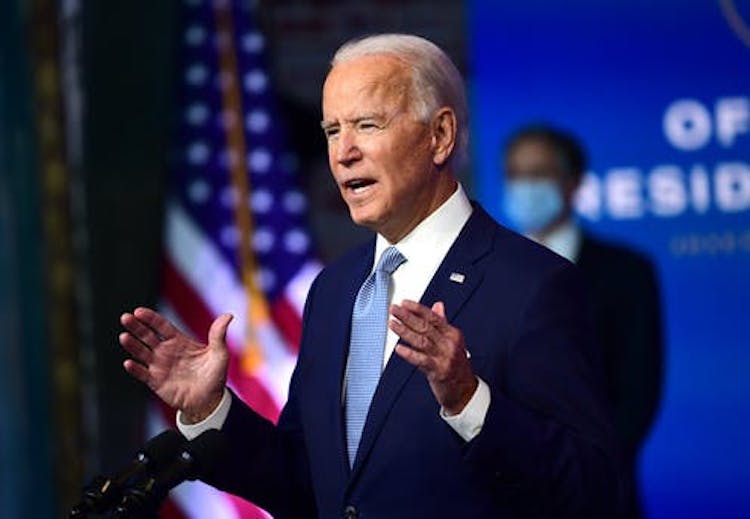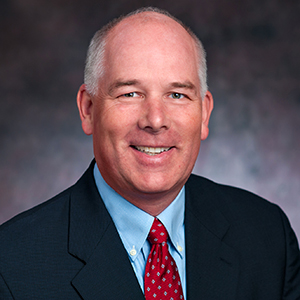
The U.S. Supreme Court rejected Joe Biden’s student loan relief plan on Friday (June 30), 6-3 along ideological lines with conservative Chief Justice John Roberts writing for the majority
The U.S. Supreme Court blocked President Biden’s plan to forgive between $10,000 and $20,000 of college debt for tens of millions of borrowers, halting a policy that was touted as providing some financial ease after an economy-crushing pandemic.
In a 6-to-3 decision along ideological lines released Friday (June 30), the court rejected the nearly $400 billion plan. It ruled in 1 of 2 cases it was an unlawful exercise of presidential power. The court’s three liberal judges provided the dissenting votes but the opinion, written by Chief Justice John Roberts, asserts that the HEROES Act does not grant Department of Education Secretary Miguel Cardona the statutory authority to forgive loan debt.
The plan would have reportedly affected 43 million borrowers, with nearly 16 million people who had already been approved for loan relief. The outcome of the highly-anticipated decision from the country’s highest court was one of several major rulings released this week ahead of its summer recess. (See P&Q‘s story on how the Supreme Court’s ruling to strike down affirmative action affects B-schools here.)
ADJUSTING BUDGETS TO RE-ACCOMMODATE LOAN PAYMENTS

Finance professor Jeffrey Harris: “There’s still lots of affordable ways to go to college with junior colleges, community colleges, and state institutions where you can work your way through and pay as you go”
It’s a lot to take in for the 1 in 5 Americans who have student loans. It was a big day for the president himself, who spoke later Friday at the White House, vowing to set up a new pathway that still provides borrowers some relief. He vowed that he “wouldn’t stop fighting to deliver borrowers what they need, particularly those at the bottom end of economic scale.”
Biden says his “new path,” while not the original plan and one that might take longer, is what his administration and Cardona are working on immediately to “compromise, waive or release loans under certain circumstances.” This action is grounded under the Higher Education Act and is, what Biden says, “legally sound.”
“Today’s decision has closed one path. Now we’re going to pursue another,” says President Biden while delivering remarks the same day the U.S. Supreme Court shot down his student loan relief program.
But despite what was decided Friday, indications have already been made for student loan interest to resume Sept. 1 for the first since the COVID-era pause was enacted during Trump’s administration in 2020. Biden also said that to reduce default among borrowers who struggle when payments officially resume in October, the government is creating a temporary 12-month “on-ramp repayment program”: Monthly payments will be due, and interest will accrue; if you can pay your loans, you should, the president says. However, for any missed payment, the Department of Education won’t refer borrowers to credit agencies for at least 12 months.
‘START TO SAVE MONEY AS EARLY AS POSSIBLE’
But because nine weeks isn’t a ton of time, Jeffrey Harris recommends people start planning for it financially now. Harris teaches finance management courses at American University’s Kogod School of Business where he serves as the Gary D. Cohn Goldman Sachs Chair in Finance.
“So, start to save money as early as possible, putting money aside to make the payments that are probably on the near horizon is a good bet,” he says.
People aren’t in an obvious sense going to be able to forgo expenses like a mortgage or rent payment or other living, operational costs, but can try to reduce discretionary spending in activities like eating out, says Harris. He notes its likely painful for some individuals because interest rates are higher.
And in another consumer “pinch point,” Harris adds, for those who took out certain mortgages during the three-year-long loan pause, they are now facing higher mortgage rates.
“Obviously that’s going to take some consumer spending out of the economy, which might slow down economic growth as well,” Harris says.
HOW ARE BUSINESS SCHOOLS AFFECTED?
Harris recalls a time when graduate programs, specifically the MBA, were highly subsidized by employers. Now he sees more and more subsidies have gone down, with more people taking out loans for grad school.
“Generally, I think business schools have been a positive return on investment. There has been a large number of studies on, Is it profitable to get an MBA?” Harris says. (P&Q has extensively covered ROI and ROI rankings.)
However, Harris adds, despite the positive return on investment, MBA programs have been scaling back and tuition and costs have gone up. Ultimately, it’s a cost-benefit analysis: It’s going to cost some higher rates of interest or some additional amount of pay, so, asks Harris, “Is it worthwhile in future earnings that you make in the degree you are investing in?”
Generally, he says, the answer is yes. The bigger picture shows that those who have a bachelor’s degree earn $1 million over the course of their lifetime as opposed to having a high school diploma. An even further study by Georgetown University’s Center on Education and the Workforce clocks the degree at being worth actually $2.8 million. An MBA? Any Top 50 program could reportedly get you nearly double that, about $5.7 million after graduation and working for more than 35 years, (see The MBA Premium: What MBAs Earn Over A Lifetime Will Shock You.)
But the main take away from all this, he adds, is what future student should remember: there’s options.
“There’s still lots of affordable ways to go to college with junior colleges, community colleges and state institutions where you can work your way through and pay as you go … That’s one thing that people forget about education. There’s lots of choices to be made. And even cheap choices aren’t bad choices,” he says.
Don’t Miss Supreme Court Strikes Down Affirmative Action In Higher Education Admissions & The Rise & Fall Of A Harvard Business School Superstar.











Questions about this article? Email us or leave a comment below.